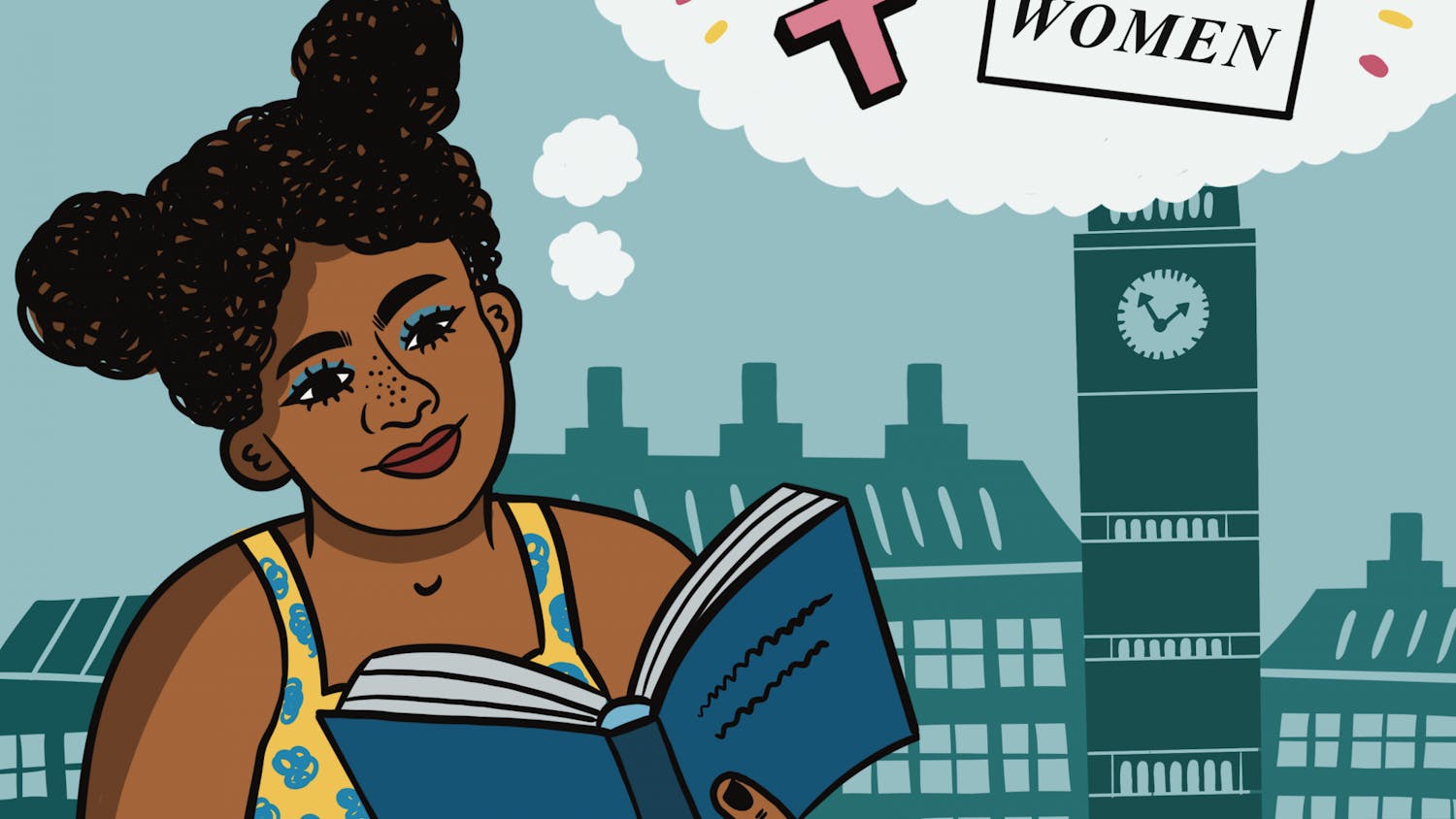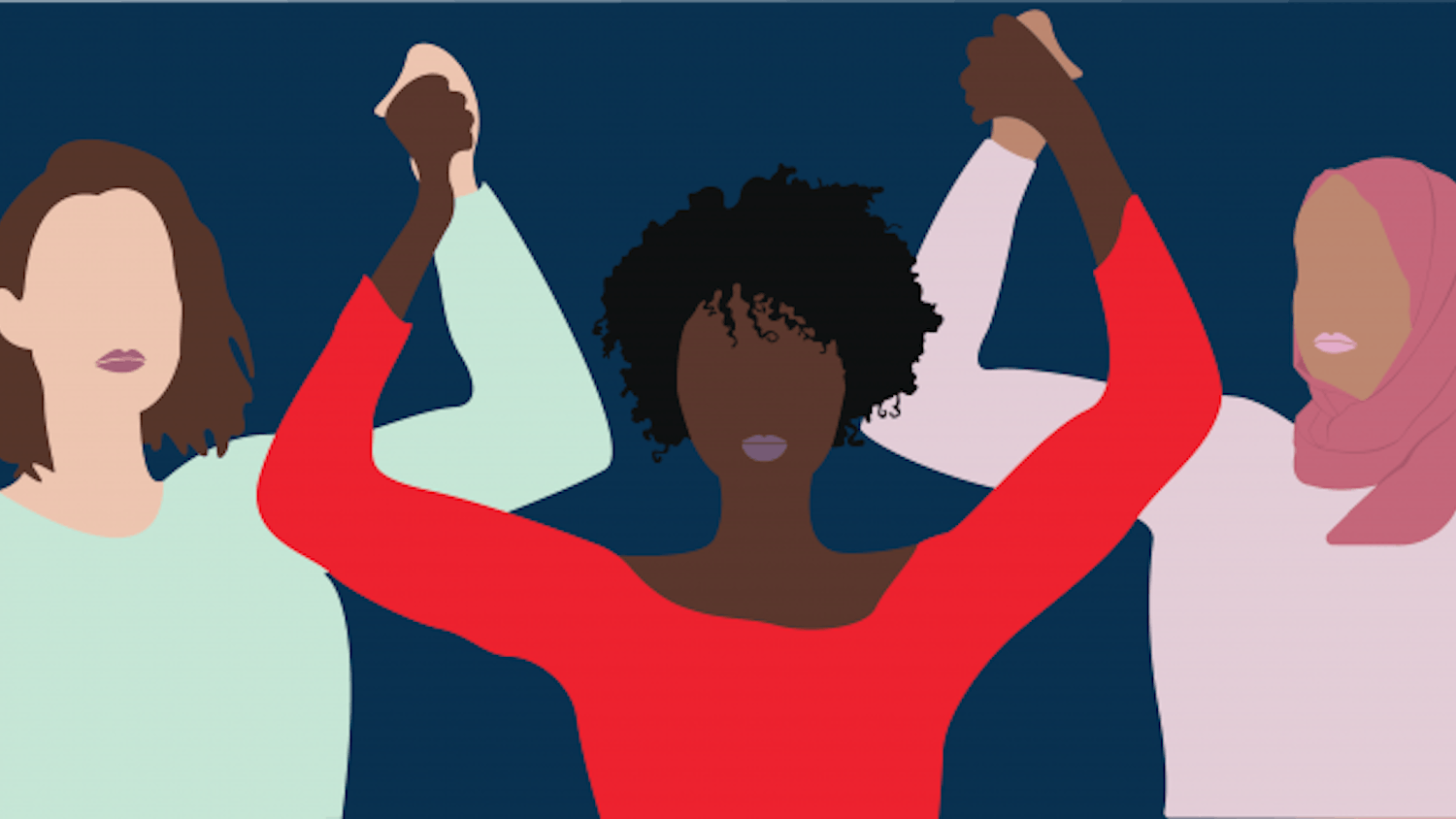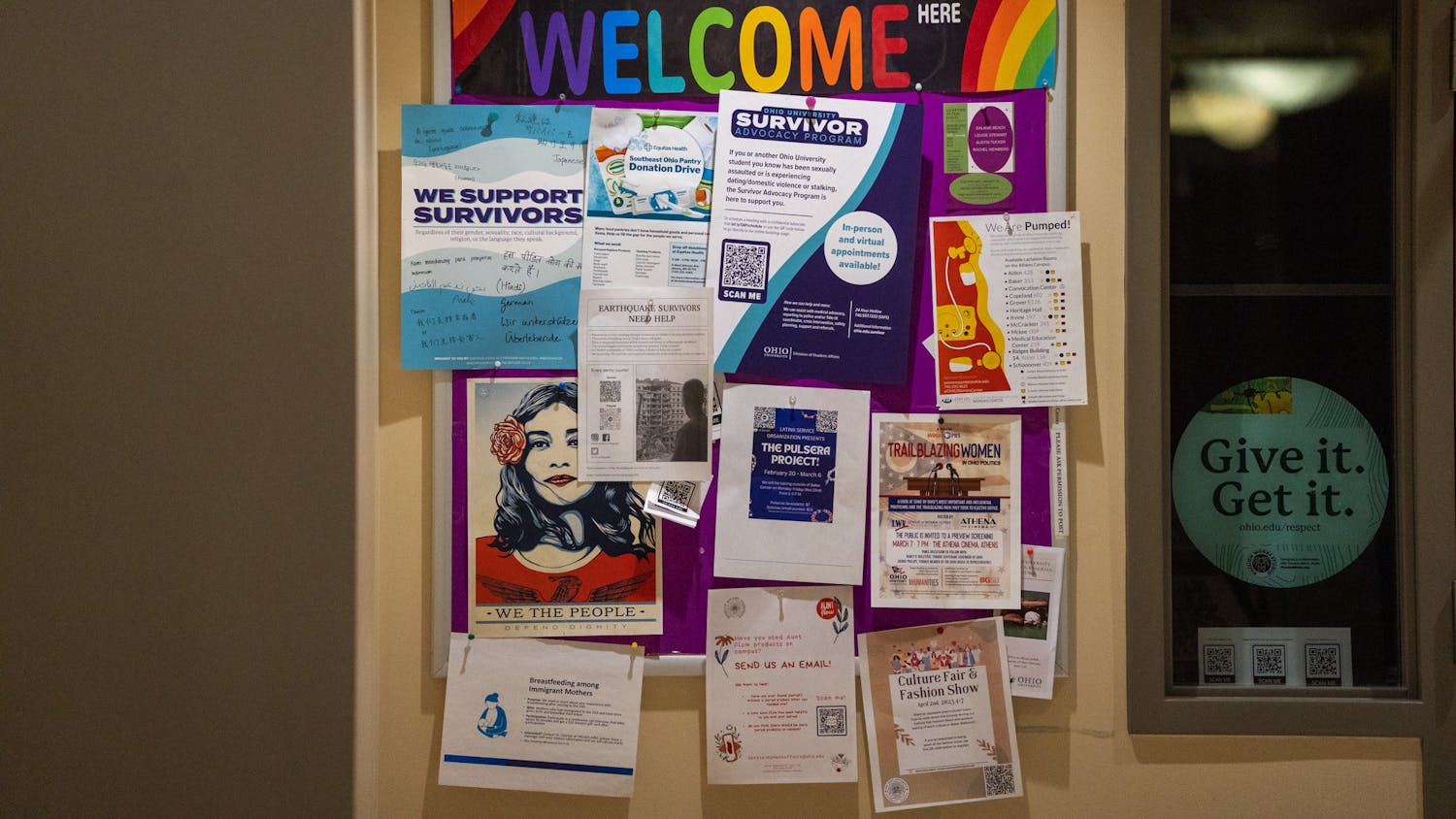With Women’s History Month coming to a close, it’s still important to honor this time of year, especially through reading iconic literature by some of the best female writers from the past and present. From Virginia Woolf to Audre Lorde, reading from a feminist perspective is something we all need every now and then, so why not look into some novels to read as spring comes into full effect?
Here are five classic novels to read during and after Women’s History Month:
‘Mrs. Dalloway’ by Virginia Woolf
“Mrs. Dalloway” by Virginia Woolf is a novel told through a stream of consciousness, jumping between the minds of each character. Set in a post-World War I London, Woolf gives insight into the lives of Clarissa Dalloway, Peter Walsh and Septimus Warren Smith, as well as their struggles with adapting to a society plagued by the aftereffects of war. What makes this novel worth the read is Woolf’s writing style, as she writes with a passion and awareness that her characters all end up emitting, making them relatable and unique. Told mostly through Clarissa’s perspective, Woolf also proves that a female protagonist can have her flaws, ones that make her who she is even if they aren’t pretty or glamorous like the upper-class society she lives in.
‘Zami: A New Spelling of My Name - A Biomythography’ by Audre Lorde
Told from a Black, queer and female perspective, Audre Lorde bases her novel on her childhood and growing up during the 1930s. She also goes in depth about her romantic relationships with other women through her characters. Other authors have even praised Lorde’s work, with Nicole Dennis-Benn saying in an interview with Oprah Daily, “I realized I wasn’t alone as a Black immigrant lesbian—I, too, could be as courageous and loud with my truths; I could defy a legacy of silence through the power of the written word.” Intersecting race, gender and sexuality, “Zami: A New Spelling of My Name - A Biomythography” is a unique perspective to read more into, especially from one of literature’s most profound writers.
‘I Know Why the Caged Bird Sings’ by Maya Angelou
“I Know Why the Caged Bird Sings” is another novel worth reading this March and onwards, an autobiographical tale of Maya Angelou’s childhood. Overcoming racism and trauma, Angelou’s empowered and courageous tone is what makes this novel so impactful. Coming from a Black female perspective, it’s also a novel every female-identifying individual should read once in their life, as it parallels to current societal and political issues that Black women, in particular, have and still face. While this novel pulls at the heartstrings, there are also moments of humor and wit that prove the author’s natural charm and intelligence throughout.
‘Little Women’ by Louisa May Alcott
If you haven’t read “Little Women” by Louisa May Alcott, then this is a must-read during Women’s History Month. Set during the late 1800s, the novel takes readers through the lives of the March sisters - Meg, Jo, Beth and Amy. Through seeing them grow into the women they all dream of becoming, Alcott shows female-identifying readers that putting your mind to something, as well as using your voice, comes with great rewards and consequences, but these actions are crucial to one’s womanhood. The novel also highlights the bond between women, most importantly sisterly bonds, and how these relationships can influence one’s development. Lastly, if you love a good love triangle, this is the perfect novel to read without taking away from the major themes of sisterhood, feminism and loyalty.
‘The Bell Jar’ by Sylvia Plath
Arguably, “The Bell Jar” by Sylvia Plath is an iconic piece of feminist literature whose name recognition has been earned rightfully so for its vulnerable and controversial content. The novel dives into the life of Esther Greenwood, an extremely talented individual who is experiencing mental health struggles. Leading readers into the emotional rollercoaster of her eventual breakdown, Plath highlights how women are subjected to insanity due to societal pressure and norms, causing the novel to make readers reflect and draw similarities to the current world we’re living in.






